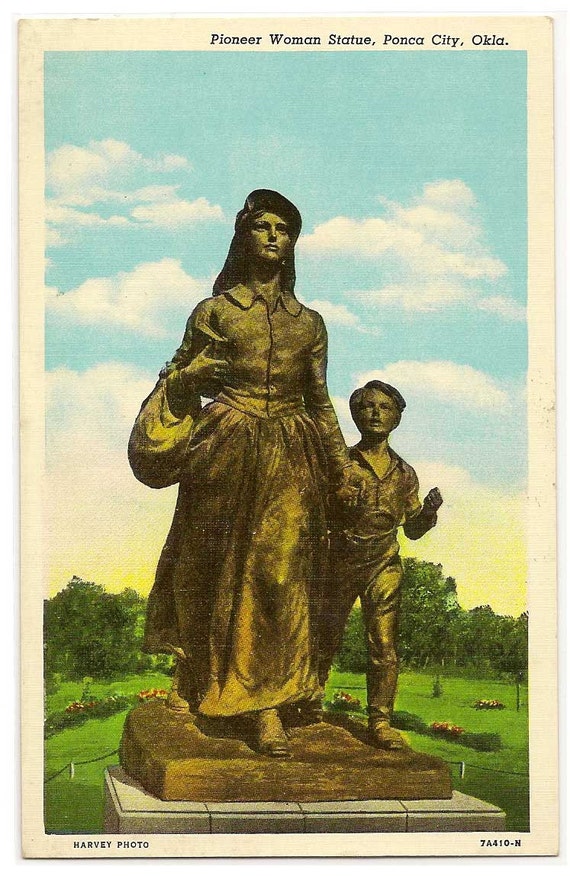Mattie Chatham, My Kind of Woman
 Someone once asked me where I got my vision for womanhood, and I honestly (if not curiously) told him that it had come from times and places I'd never been. It came from wherever good women worked alongside good men civilizing the land, caring for their families, and loving their neighbors. It came from all the true daughters of Eve that have existed in history, literature, and life.
Someone once asked me where I got my vision for womanhood, and I honestly (if not curiously) told him that it had come from times and places I'd never been. It came from wherever good women worked alongside good men civilizing the land, caring for their families, and loving their neighbors. It came from all the true daughters of Eve that have existed in history, literature, and life.
Women like Abigail Adams, Hannah More, Mary Slessor, Amy Carmichael, and Ma Ingalls. Women like Lizzie Bennett, Anne Shirley, Caddie Woodlawn, and Katharine Mary Flannigan. Women like my grandmothers and great-grandmothers. And yet, until my friend asked me that question, I'd never realized how much these Eves had shaped my understanding of what it meant to be a woman--how they modeled what it meant to be fully alive, participating in God's great work.
This week, I found another name to add to my list: Mattie Chatham from Wendell Berry's novel Jayber Crow. She isn't the central character of the book, but it isn't a stretch to say that she is its heroine. Bound in marriage to an unreasonable and foolish man, Mattie displays the kind of maturity that separates the women from the girls. The kind of maturity that makes me want to be a better woman myself.
...Mattie Chatham never looked like a woman who was put upon and divided in her loyalties and having a hard time; she didn't look as though she would have welcomed sympathy, or as thought she needed it. She was not her parents' child for nothing. She was going about her life, taking her pleasures as she found them, suffering what was hers to suffer, doing what she had to do. She had no air of self-pity or complaint. And this could only have been because, in her own heart, she was not pitying herself or complaining. It was as though her very difficulties had confirmed her sense of herself and her capabilities.
I knew Mattie Chatham a long time, and I never knew her to falsify or misrepresent herself. Whatever she gave you--a look, a question, an answer--was honest. She didn't tell you everything she knew or thought. She never made reference even by silence to anything she suffered. But in herself she was present. She was present in her dealings with other people. She was right there. She was, to my eye, a good mother who liked and enjoyed her children, leaving them free within limits that both she and they understood...
Mattie Chatham, as time went on and the older women [of the church] became less able, had a way of being involved and seeing to things. Her way was quiet and unobtrusive--and effective; she got things done. She was never bossy (as, for instance, Mrs. Pauline Gibbs always was) but was just simply and quietly kind. She certainly made nothing special of me. But when she asked me to do something, she asked clearly knowing that she was putting me to trouble. She would say, "Jayber, would you mind?" And she always thanked me. She was considerate. That was one of the reasons I remained aware of her...
She had come into her beauty. This was not the beauty of her youth and freshness, of which she had had a plenty. The beauty that I am speaking of now was that of a woman who has come into knowledge and into strength and who, knowing her hardships, trusts her strength and goes about her work even with a kind of happiness, serene somehow, and secure. It was a beauty she would always have. (pp.189-191)